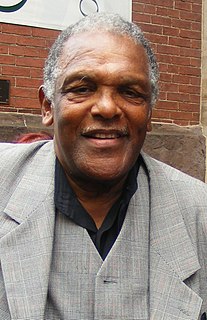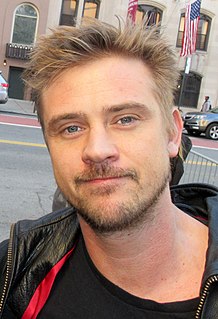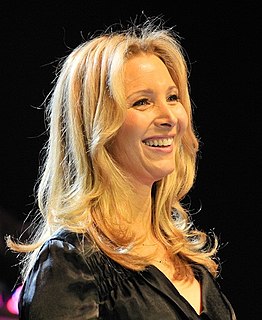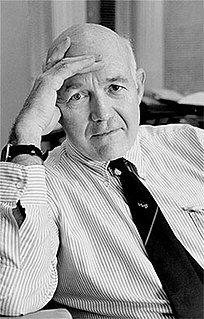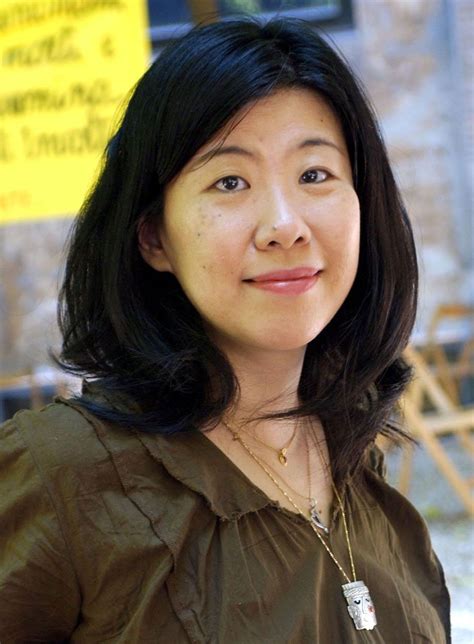A Quote by Deb Haaland
I wasn't raised to make history. In high school and family, no one around me was politically involved, and few of my friends planned to attend college or even thought about it.
Related Quotes
Very few college professors want high school graduates in their history class who are simply "gung ho" and "rah-rah" with regard to everything the United States has ever done, have never thought critically in their life, don't know the meaning of the word "historiography" and have never heard of it. They think that history is something you're supposed to memorize and that's about it. That's not what high school, or what college history teachers want.
I hadn't really thought about going to college. Nobody in my family went away to school. The other piece of that was I didn't see anybody else in my hometown going to college to give me some kind of influence or something like that you might want to think about. I didn't see any of that. Therefore I thought it was never there. What happened was that my high school coach intervened. Had he not intervened to the measure he intervened, I probably wouldn't have gone.
I have to throw in on a personal note that I didn't like history when I was in high school. I didn't study history when I was in college, none at all, and only started to do graduate study when my children were going to graduate school. What first intrigued me was this desire to understand my family and put it in the context of American history. That makes history so appealing and so central to what I am trying to do.
The ticket out of the Depression was an education, a college degree. It really didn't matter if you knew anything. You just had to have the degree. My dad, up until the last two years of his life, thought he had failed miserably with me 'cause I didn't go to college. I mean, you've seen postgame interviews with the star of the game and the players always talk about how proud his parents are because he's the first guy in his family ever to attend college. I'm the first in my family not to! I'm the first of my family not to have a degree. It's thrown everybody for a loop.
I grew up in a family in which no male upstream from me had ever finished high school, much less gone to college. But I was taught that even though there was nothing I could do about what was behind me, I could change everything about what was in front of me. My working poor parents told me that I could do better.
College was pivotal for me. It broadened my horizons, taught me to think and question, and introduced me to many things - such as art and classical music - that had not previously been part of my life. I went to college thinking that I might teach history in high school or that I might seek a career in the retail industry, probably working for a department store, something I had done during the holidays while in high school. I came out of college with plans to do something that had never crossed my mind four years earlier.
We ran into lots of old friends. Friends from elementary school, junior high school, high school. Everyone had matured in their own way, and even as we stood face to face with them they seemed like people from dreams, sudden glimpses through the fences of our tangled memories. We smiled and waved, exchanged a few words, and then walked on in our separate directions.



